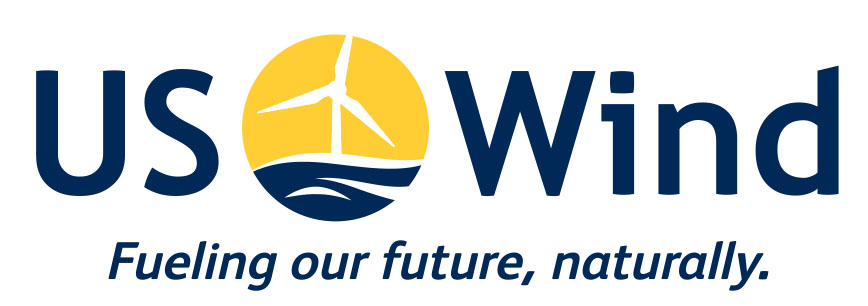More states move towards 100% clean energy—a full commitment to change
The country is moving ahead towards a renewable energy future—one state at a time. While a federal legislation is yet to be passed, many states have taken significant steps, including substantial commitments to achieve a truly transformative change: 100% clean energy.
It wasn’t too long ago when the concept was considered too radical, but since last year, there has been great progress on this front. Hawaii was the first state to pursue the 100% agenda.
Since the Hawaii Clean Energy Initiative began, companies have reduced fossil fuel use by 26%, which was equivalent to 48 million fewer gallons of imported oil per year for electricity generation. In 2017, Hawaii generated 532.9 GWh of wind energy.
“We made important progress this year on our journey to 100 percent renewable energy [by 2045],” according to Alan Oshima, Hawaiian Electric’s president and CEO. “We have tremendous momentum as we move into 2019, especially in electrification of transportation and grid-scale energy storage.”
Idaho announces its plans to “stop using coal energy and rely instead on hydroelectric, solar and wind resources,” pledging 100% clean energy by 2045. In addition, Idaho Power has already “agreed to stop using two coal power plants by 2025 and that it’s considering how to shut down its third and final coal plant.”
New Mexico officially legally requires 100% carbon-free electricity by 2045, with most of the new electricity is expected to come from wind and solar sources.
The Illinois Clean Jobs Coalition announced earlier last month its commitment for Illinois to be “the first mainland state to be powered entirely by renewables — not just clean energy,” with legislators introducing the state’s Clean Energy Jobs Act (SB 2132/HB 3624), which aims to transition Illinois to 100 percent renewable energy by 2050.
Other states who made similar commitments are Minnesota with a set of policies called One Minnesota Path to Clean Energy, which includes 100% clean energy by 2050, prioritizing clean energy sources whenever a utility proposes to replace or add new power generation, and energy optimization that would raise the state’s Energy Efficiency Resource Standard for investor-owned electric utilities and “expand the Conservation Improvement Program, which helps Minnesota households and businesses save on their utility bills by using energy more efficiently.”
Washington state passed Senate Bill 5116 on March 1st, which will phase out electricity generated from coal by the end of 2025, and it will set a goal for all electricity to be 100% carbon-free by 2045.
The Atlanta City Council unanimously voted to implement the “Clean Energy Atlanta” plan, which lays out the roadmap to 100% clean energy, which is “expected to create at least 8,000 new local jobs and reduce electricity bills for residents by at least 25% – or up to 95% in some cases, if Atlanta pursues the maximum amount of local renewable generation that is feasible.”
